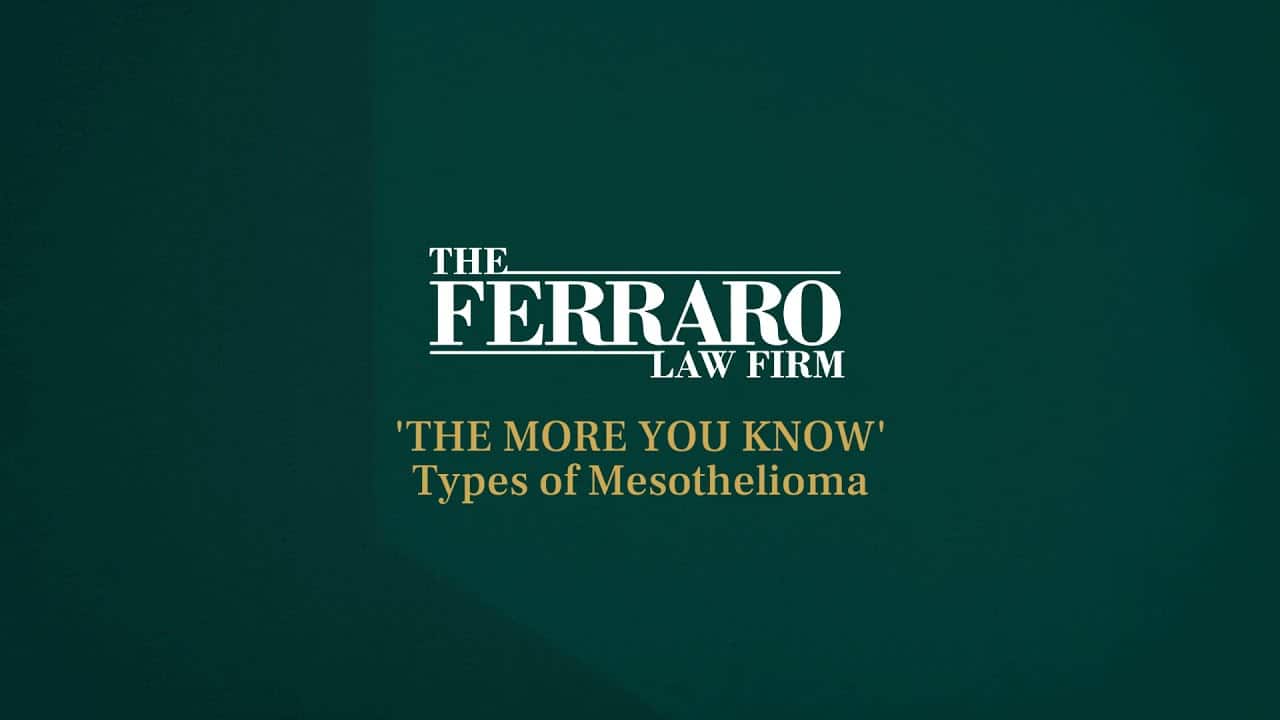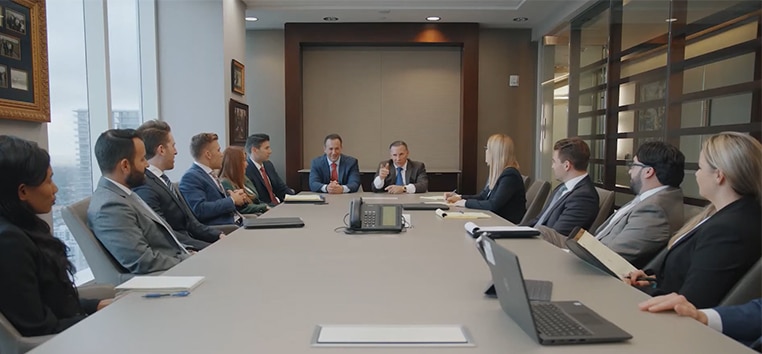If you were seriously injured, remember that it is crucial to choose the right law firm to represent your interests. We have been doing this for more than three decades, and have the resources you need to challenge any opponent.
Mesothelioma Legal Help: Identifying Liable Employers Is Vital to Adequate Recovery
A recent Rhode Island Supreme Court decision highlights the importance of identifying all parties potentially responsible for a victim’s exposure to asbestos and subsequent mesothelioma diagnosis. In Gallagher v. Nat’l Grid USA/Narragansett Elec., the court was asked to determine which of a victim’s employers was responsible for his exposure and cancer diagnosis.
In 2004, Dennis Gallagher was diagnosed with malignant mesothelioma, and subsequently passed away. A workers’ compensation trial judge ruled that USGEN New England Inc, as Gallagher’s last employer, was liable for the “occupational disease” and was responsible for paying damages to his wife Maureen Gallagher.
However, an Appellate Division of the Workers’ Compensation Court, vacated the ruling and assessed liability to National Grid USA/Narragansett Electric. Upon review, the Rhode Island Supreme Court upheld the appellate court’s ruling.
Our lawyers understand how critical it is to determine the parties responsible for a victim’s exposure to asbestos and subsequent mesothelioma diagnosis. Because asbestos was present in a wide variety of commercial, home and building products through the 1970s — and because mesothelioma can take 30 or 40 years to develop — determining those parties responsible for a victim’s exposure is often a complex process.
In Gallagher’s case, he had worked as a welder for Electric Boat in Groton Connecticut from 1965 to 1971. The submarines upon which he worked were “loaded with asbestos,” according to testimony at his deposition.
From 1974 to 1984 he worked at Electric Boat in Quonset Point in Rhode Island. In 1984, he began a job as a welder for National Grid in Providence. He was working there when the plant hired an asbestos removal company to remove asbestos used in building construction, including insulation. He was diagnosed with mesothelioma a week after leaving his job in April 2004.
A doctor testified mesothelioma’s 30- to 35-year latency period meant Gallagher’s mesothelioma was likely caused by some of his earliest work experience at Electric Boat, although he acknowledged the possibility of a shorter 20- or 25-year latency period.
Gallagher filed for benefits from all three companies. However, the trial court granted the petition only against USGEN, Gallagher’s last employer. Mrs. Gallagher continued on with the case after her husband’s death in July 2005. Ultimately, both the appeals court and the Rhode Island Supreme Court found Gallagher’s earliest employers were most likely responsible for the asbestos exposure that led to his fatal mesothelioma diagnosis.
Asbestos was used in a wide variety of products, including adhesives, cements, mortar, paper, insulation, plastics, paint, electrical and mechanical products, floor and ceiling tiles, pipe covering, wallboard, and home-use products, including kitchen appliances, attic insulation, fertilizer and cigarette filters.
While most companies quit using asbestos in the 1970s and 1980s, it’s a misnomer that its use has been outlawed in the United States. The Environmental Protection Agency issued a ban and phase out rule in 1989. However, the rule was subsequently overruled in Corrosion Proof Fittings v. EPA, 947 F.2d 1201 (5th Cir. 1991). In that case, the U.S. Fifth Circuit Court of Appeals acknowledged that asbestos is a potential carcinogen at all levels of exposure. However, it ruled the EPA failed to prove a ban was the least burdensome alternative for reducing exposure risks and had failed to prove that potential substitute products were safer or readily available.
Table of Contents
Frequently Asked Questions: Mesothelioma & Asbestos
What is asbestos?
Why is asbestos dangerous?
What are asbestos-related diseases?
What causes mesothelioma?
What are the different types of mesothelioma?
What are common mesothelioma symptoms?
Do I qualify for compensation if I have mesothelioma?
What is the life expectancy for someone with mesothelioma?
Do I qualify for compensation if I have mesothelioma?
The Ferraro Law Firm provides mesothelioma legal help nationwide. Call (888) 554-2030 for a free, confidential consultation. Offices in Miami, Washington, D.C., and New York City.






